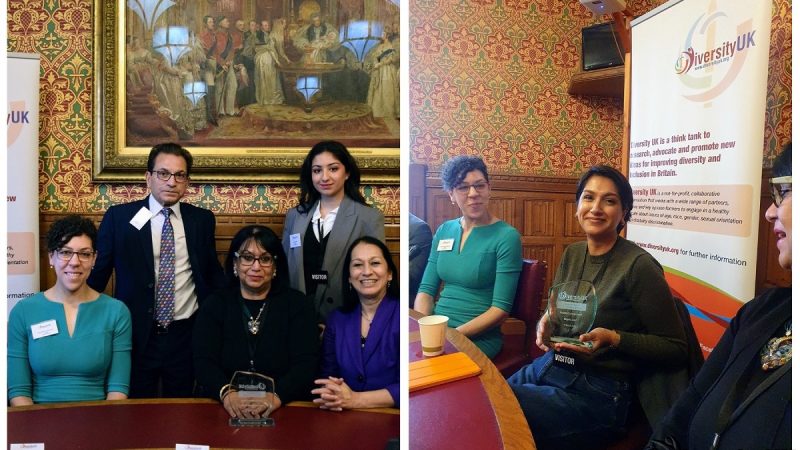EU Women on Boards proposal given the green light.

The European Commission’s proposal to improve gender balance on company boards based on merit has today (16th January 2013) been given the green light by a majority of national parliaments under the EU’s 'subsidiarity complaint procedure' (introduced by the Lisbon Treaty) to vet draft European legislation. National parliaments had eight weeks from when the Commission proposed a 40% objective for women on boards to express their opinion on whether the Commission's proposal is in line with the subsidiarity principle – that is whether the Union is the best placed actor to take action or whether action at national, regional or local level would be more effective.
On 14 November 2012, the Commission adopted a proposal by Vice-President Viviane Reding, EU Justice Commissioner for a directive to set a minimum objective of 40% representation for the under-represented sex among non-executive members of company boards. This objective should be reached by 2020 for listed companies in Europe, or 2018 for listed public undertakings.
National parliamentary chambers from six member states have issued so-called ‘reasoned opinions’, while those in the remaining 21 EU countries have not. Under the subsidiarity complaint procedure national parliaments have 54 votes to cast: one vote per chamber in a bicameral Parliamentary system and two votes in a unicameral system. One third of the votes (that is 18 votes out of 54) is the threshold for asking the Commission to review the proposal on grounds of subsidiarity. Today's result whereby 11 out of 54 votes expressed subsidiarity concerns whereas 43 votes expressed no subsidiarity concerns or explicitly backed the proposal means that the subsidiarity threshold has not been reached.
Although national parliamentary chambers from six countries (Czech Republic [Chamber of Deputies – the lower house], Denmark [single chamber system], Netherlands [upper and lower chamber], Poland [upper and lower chamber], Sweden [single chamber system] and the UK [both chambers]) challenged the subsidiarity compliance of the proposal they nevertheless agreed that action is needed to improve the presence of women on company boards in publicly listed companies. At the same time parliaments in Germany (Bundesrat – upper house), France (Assemblée nationale – lower house) and Portugal (Assembleia da República – single chamber parliament) have adopted opinions supporting the proposal. The remaining national parliaments have concluded subsidiarity checks without issuing a reasoned opinion or decided not to carry out such a check.
Next Steps:
The proposal will now be discussed by the European Parliament and Council of
the EU following the normal legislative procedure (co-decision). The European Parliament has appointed Member of the European Parliament (MEP) Rodi Kratsa-Tsagaropoulou (Committee on Women’s Rights) and MEP Evelyn Regner (Committee on Legal Affairs) as co-rapporteurs (draftspersons) for the proposal. The Irish Presidency of the EU is expected to schedule a
discussion of the proposal at the meeting of Social Affairs ministers from the EU Member States (EPSCO Council) on 20 June 2013. The European Commission will maintain close contact with all national parliaments throughout the legislative procedure on this file.




